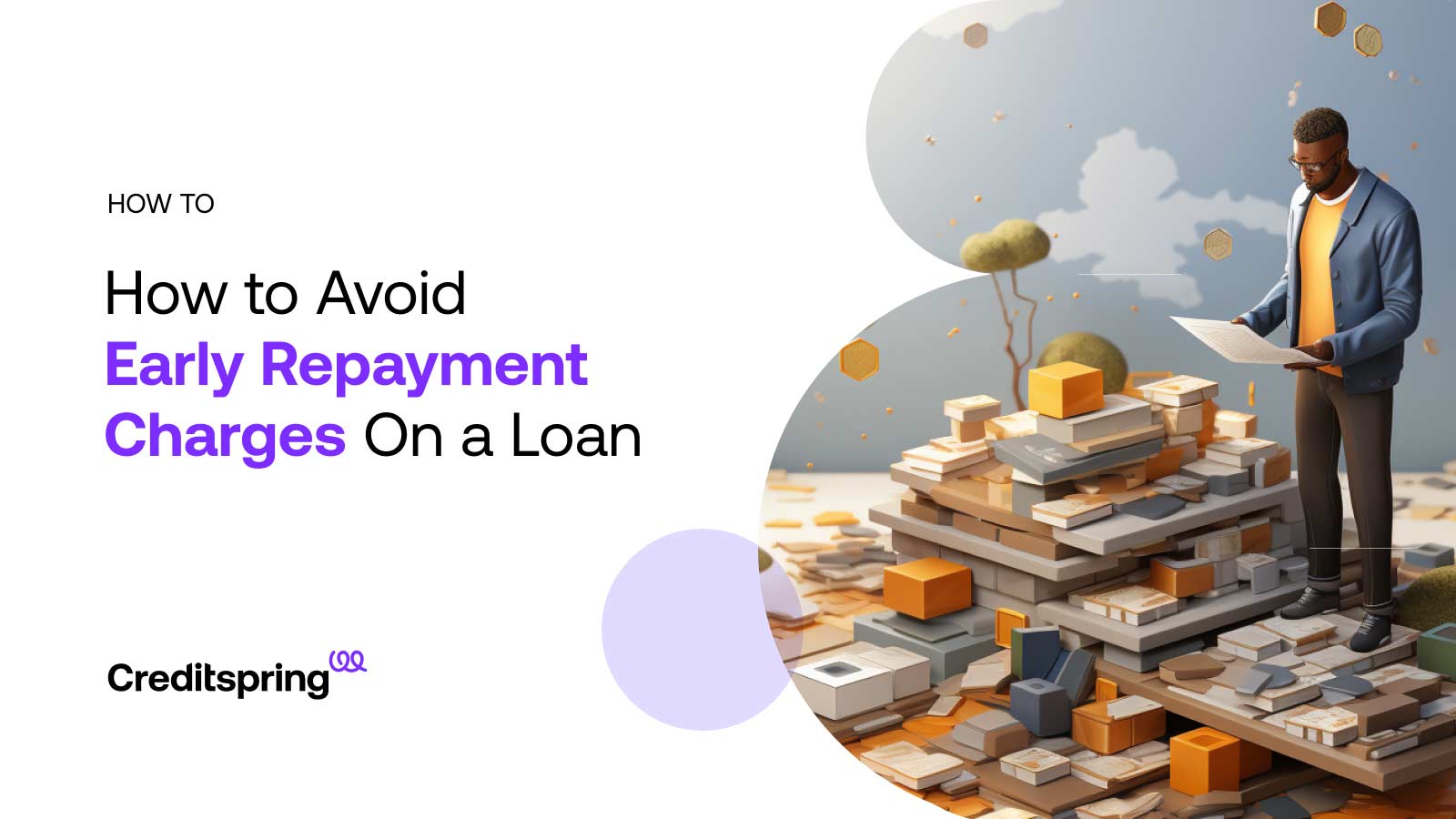

Knowing that you might be able to pay off a loan or a mortgage earlier than you planned can feel like a massive weight being lifted off your shoulders. After all, who would not want to pay off a debt sooner?
But is it worthwhile if you have to pay a fee for settling your debt earlier than agreed?
We look at how you can avoid early repayment charges on loans.
An early repayment charge (ERC) is a type of penalty your lender may charge you if you overpay on your loans or mortgage sooner than scheduled in the original agreement between you and the lender.
This is also charged when you pay the entire loan off too early. It can be applied to a personal loan, mortgage, car finance, or any other form of borrowing.
These charges do exist but not on all lenders. The penalty is charged so that lenders can regain any missed profits that they would otherwise have earned in the form of interest from your scheduled loan repayment plan.
If your loan or mortgage has a charge for early repayment, it usually occurs during the tie-in period.
This is the period during which you are ‘locked in’ to your loan or mortgage deal and when early repayment charges will apply under the following conditions:
Different rate when switching to a new deal
Making overpayment above the lender's allowance to pay off your loan or mortgage
When selling the property and the mortgage can not be ported onto the next property
Early repayment charges will always be outlined to you, with any loan or mortgage deal, along with the potential cost in the agreement that will be signed up.
Not all deals necessarily come with early repayment charges. When you have higher rates of interest you will generally be charged with this type of deal.
An early repayment charge is typically charged as a percentage of the outstanding mortgage and varies between 1% and 5%. Although 1% might not look like such a huge penalty, it is still a substantial amount if your outstanding balance is high.
An example: If your penalty is 1% on an outstanding amount of a £200,000 loan, your early repayment charge would be £2,000.
Percentages can sometimes be lower, especially if you’ve had your deal for longer.
Here is an example:
There is £75,000 outstanding on your mortgage and there is a 2% early repayment charge for the first year, which reduces to 1% the year after that. If you repay your mortgage early in the first year, you will need to pay £1,500. If you repay in the year after that, it will be £750.
But if you wait till the third year there will be no early payment charges to pay.
There are some types of mortgages and loans that don’t have early repayment charges but rather are based on standard variable rate (SVR) deals.
Loans and mortgages normally switch over automatically to a standard variable rate when the original deal ends. When remortgaging your home loan, it is often about avoiding the standard variable rate which can be more expensive.
The amount of interest that you have to pay depends on the bank’s own rate which means that the amount you pay each month can either go up or down.
There are a few ways to avoid an early repayment charge:
Get a deal that doesn’t have any early repayment charges. Some lenders do have flexible options available that could allow you to repay early on your loan without incurring charges. However, be sure to keep in mind any interest rate fees or arrangement fees when you work out your payments.
Know the limits. Know how much you are allowed to overpay on your loan every year without incurring any additional payment penalties.
Port your mortgage when you move. Some lenders may let you transfer your current mortgage deal to another property without a charge. Be aware that this is not guaranteed and can depend on your type of mortgage agreement.
Early repayment charges will be charged for most forms of borrowing and specific fees will vary between lenders. In most cases, the best cost-effective option would be to simply wait for the period for early repayment to expire.
Another option would be to find a loan or mortgage where the early repayment charges only apply up to the end of the deal period.
You can not avoid paying early repayment charges unless you wait until your loan or mortgage deal ends and no fees apply. If it is part of your contract with the lender it will apply if you are wanting to pay off your loan or mortgage plan sooner than agreed upon.
It is worth doing some calculations to work out how much you would save over the total deal period, of your loan or mortgage term, to see if it outweighs the cost of any early repayment charges.